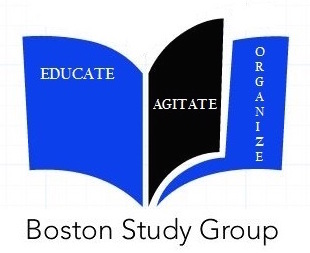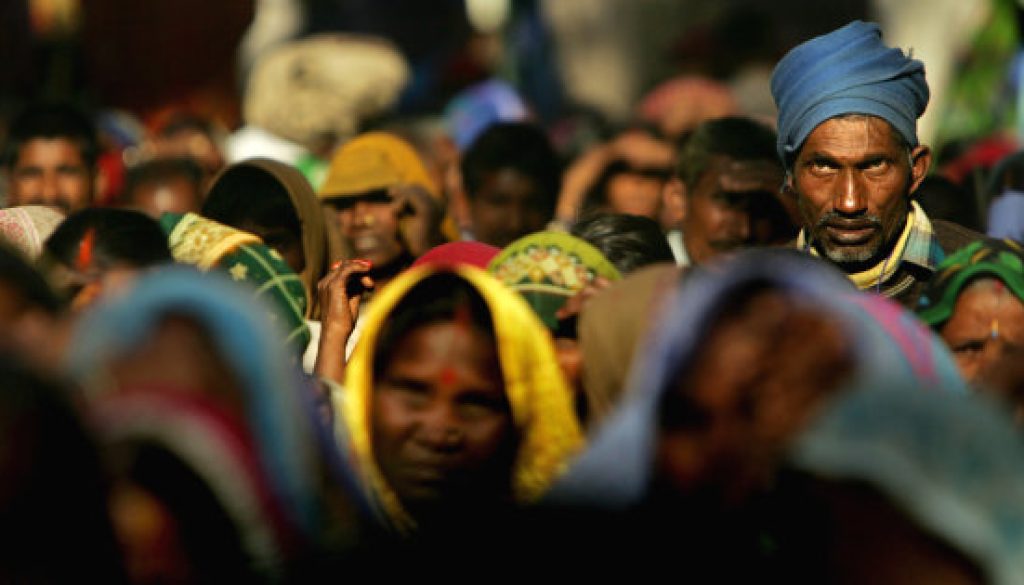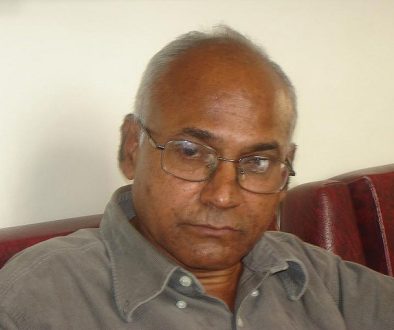A Call for a Dalit Revolution
Author: Dr. Suraj Yendge, Department of African and African American Studies at Harvard University.
After every reported Dalit atrocity, impassioned pronouncements are heard on the condition of Dalits in the public realm. Before we start rambling, let us practice speaking truth to the present — the moment we are all co-makers of.
” Those who claim a generalized, uniform Hindu identity are actually well aware of the non-existence of such. Caste is the real identity for a Hindu.”
The problem of Dalits is not the problem of/for Hindus. Those who claim a generalized, uniform Hindu identity are actually well aware of the non-existence of such. Caste is the real identity for a Hindu. That is why we rarely see Hindus marrying each other outside caste. It is the Jatt marrying a Jatt, Kokanastha Brahmin marrying another Kokanastha, or Kapu marrying another Kapu. Often, when a marriage beyond caste and sub-caste boundaries does take place, it is soon followed by news of an honour killing.
Political lead-err-ship
Indian parliamentary democracy is neither parliamentary nor democratic. How can one justify the over representation of specific caste groups in almost every corridor of Indian democracy, be it social, political, religious, cultural or media? Brahmins, for example, constitute close to 3% of India’s population. This caste group is overwhelmingly seen occupying important government positions in the legislature, in government services, academia. It enjoys absolute control over religious institutions and even dominates debates on the cause of marginalized people. Do we have a rationale for this kind of democracy?
In Modi’s cabinet and in all the other preceding cabinets starting from post-independent India, Brahmins occupied important portfolios. In India’s first cabinet, the overwhelming representation of Brahmins is incontestable — the first President, the Prime Minister and other important ministerial positions were seized by the demographically miniscule Brahmins. Clearly, Brahmins were overrepresented. Present conditions continue this shameful history. Look at various regional and national political parties… they are dominated by Brahmin leaders. The premiers of at least four states — Tamil Nadu, Maharashtra, West Bengal, Haryana — are Brahmins. This trend is replicated in the bureaucracy and judiciary too.
” The regularly aired opinion of the Guptas and Sinhas and Mehtas on the condition of Dalits is another perverted version of privileged caste rhetoric.”
Dalits on the other hand constitute close to 16.6% of the population. Due to the advantages of reservation, 84 Members of Parliament are elected to the Lok Sabha under the Scheduled Castes quota. If Schedule Tribes are added, the SCs and STs together form a strong contingent of 131 seats. Simple arithmetic suggests these MPs have the constitutional status to redeem Dalit-Tribal misfortune. However, owing to party codes of conduct they remain largely ineffective. The incapability of the MPs partly has to be blamed on the election process and the electoral system that binds the MP to party protocols and answerability to the chief whip, who usually belongs to a privileged caste. Thus, important and timely deliberations by willing Dalit MPs are often curtailed. Ask individual Dalit MPs in person and they will lament over such malpractices. Thus, the only democratically accessible recourse for Dalit liberation — Parliament — is obliterated. The ineffectiveness of the Poona Pact is all too obvious.
Toppling the edifice
India has a strong culture of perpetuating violence upon its “second-class citizens”. The beliefs of the larger culture are reiterated in everyday acts. To counter this, a call for an oppressed caste revolution has to materialize. If society and the State want to address the question of caste, then they have to discuss it not only in the context of Dalits but also in terms of those reaping the benefits of it. Who is benefitting from the hierarchal organization of Hindu society? Which are the groups enjoying unquestionable authority for centuries and who wield disproportionate control over the spaces of religion, polity and economy? The regularly aired opinion of the Guptas and Sinhas and Mehtas on the condition of Dalits is another perverted version of privileged caste rhetoric. It is merely gossip that subsumes the gruesome experiences of Dalits without acknowledging self-privilege. It distorts a view of the ideal panacea.
The Dalit is an isolated impediment. The Dalit is the “them”, the “other”. Hindus who expound on the great Indian ethos are actually referring to the greatness of Brahmins and other allied castes. That is why when the privileged castes talk about working for the nation, they do not refer to abolishing caste. Because the subjects of caste — the Dalits — are not in the realm of their nationhood.
Caste India can never be a utopia. If caste exists, then the onus is on silent beneficiaries to take simple steps to abnegate from partaking of it. Here are a few suggestions to banish caste in addendum to The Annihilation of Caste, since many are talking about it without offering workable solutions:
- Exchange occupations to topple caste structures in society. Let the religious institutions and other spaces of power be overtaken by those usually at the receiving end. Let the “humiliating” jobs be taken by the Brahmins and other allied castes. This experience will help drive in an understanding of the brunt of being in a caste Hindu society.
- Submit property to the land labourers who have been toiling for generations for meagre wages.
- Give Dalits their due share in every dimension of society.
Being Dalit is being urgent. Being Dalit is being now. The Dalit problem needs to be addressed without further ado. To annihilate caste is to abandon caste privileges. Let’s start the story anew. Let all means of productions be distributed equally without any dividend frauds. If you think these suggestions are farfetched, then stop the empty chatter of a caste-free India from comfy quarters besmirched only by the ruinous inheritance of monstrous guilt.
Courtesy: Source


